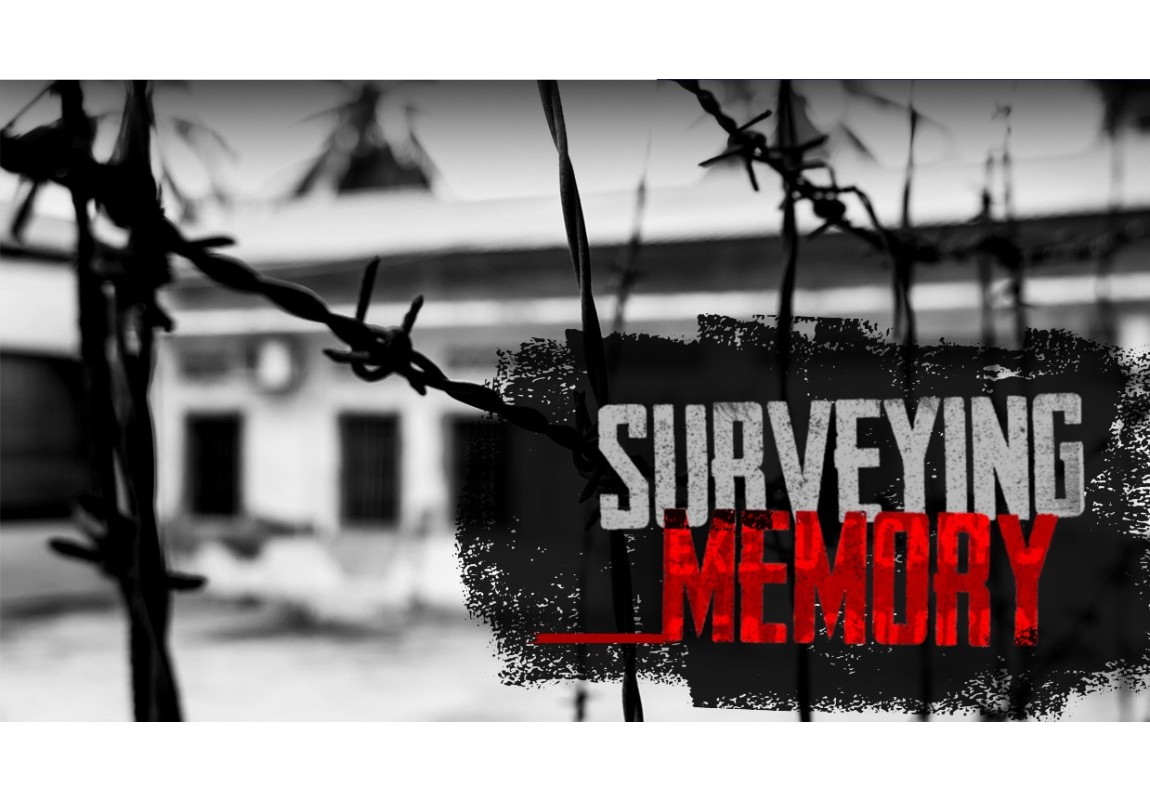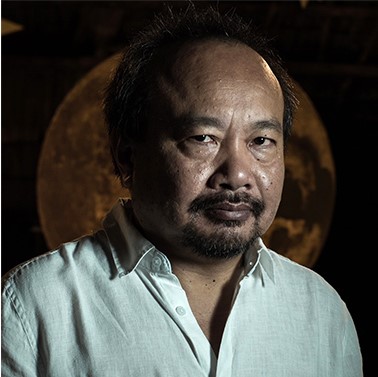
Rithy Panh
 |
Rithy Panh was born in Phnom Penh, Cambodia. He arrived in Paris in 1980 after fleeing the genocide led by the Khmer Rouge regime. He studied at IDHEC. In 2003, he produced ‘S21 La machine de mort Khmère Rouge’, a widely awarded documentary that reviews the policy of systematic elimination orchestrated by the Khmer Rouge between 1975 and 1979. In 2006 he co-founded the Bophana Center in Cambodia that focuses on archiving Cambodian audio-visual heritage and running professional training in audio-visual fields. In 2013, his film ‘The Missing Image’ was the first Cambodian film nominated at the Oscars for best foreign language film. His latest film ‘Irradiated’ was presented in competition at the Berlinale where he received the prize for best documentary. Rithy Panh has also co-authored several books including Elimination and Peace with the Dead with Christophe Bataille, published by Grasset. |
After violence, of whatever kind, after war, after genocide, one doesn’t think, “peace”; one thinks, “to live” or “to survive.” One cannot live with a broken identity, with a memory that has been amputated or annihilated. The path I took, of necessity, in order to tame the suffering and rediscover the erased memory has been that of film and literature. Because to live and pacify one’s soul means tapping one’s capacity to imagine, speak, express one’s emotions and pass them on.
For a long time I refused to look into the tragedy that stole my childhood and my relatives. That sent me into exile. But I couldn't escape the echoes that war and the Khmer Rouge had left, which rang through my body and my thinking. Those echoes generated questions and then a body of work that I carried out through cinema. "S-21: The Khmer Rouge Killing Machine" was more than a film project; it was a necessity, it was vital for my reconstruction and, beyond that, to restore the dignity of both the living and the dead. This talk will discuss the making of this film and the experiences that surrounded it.